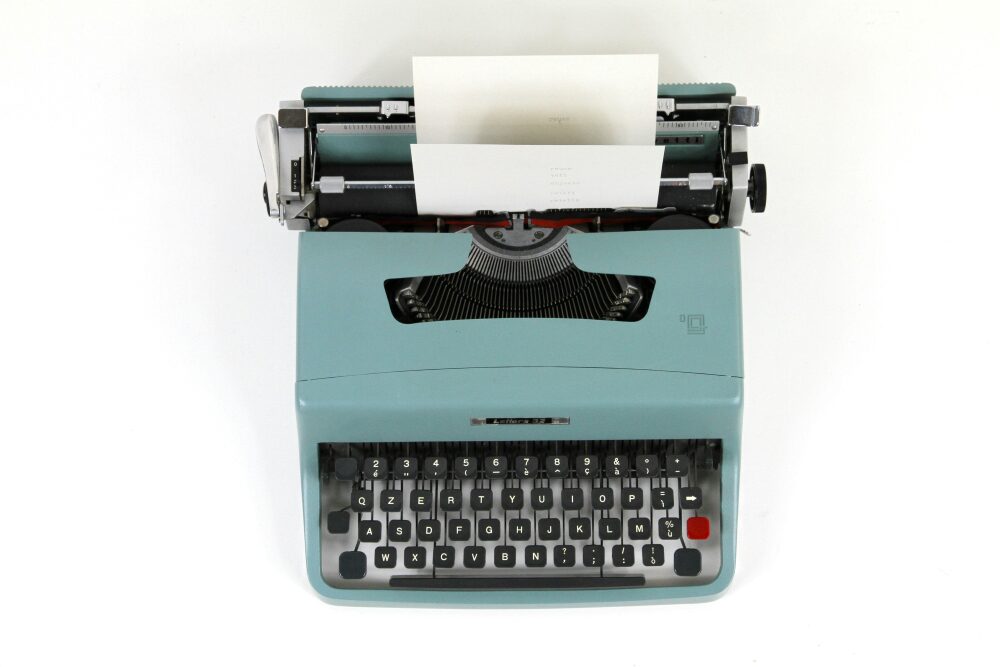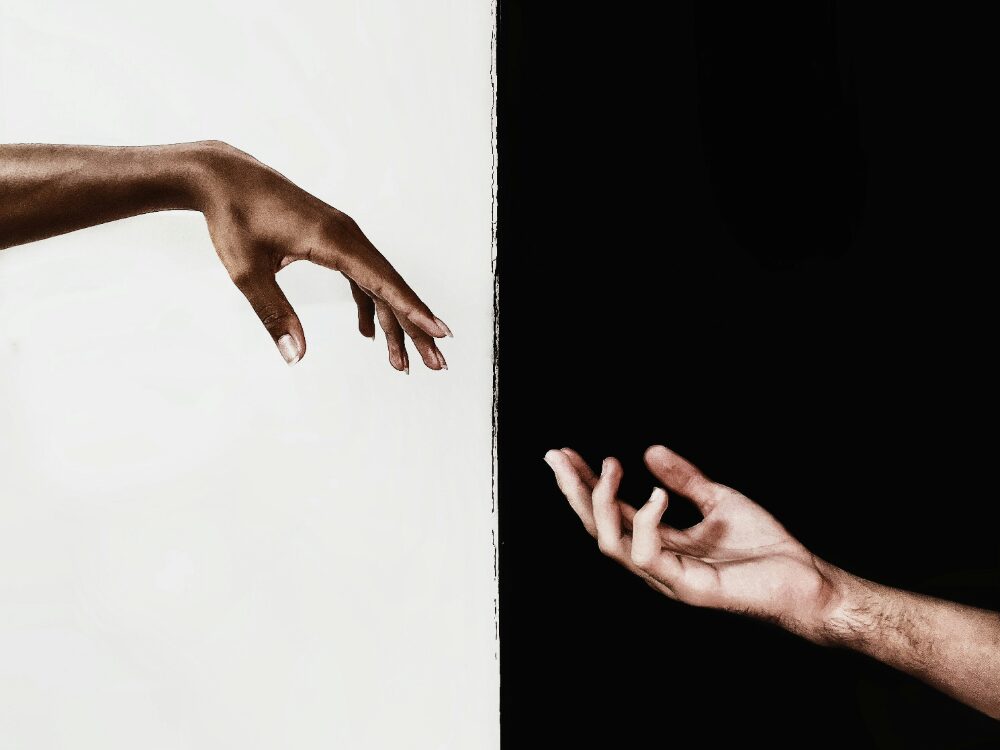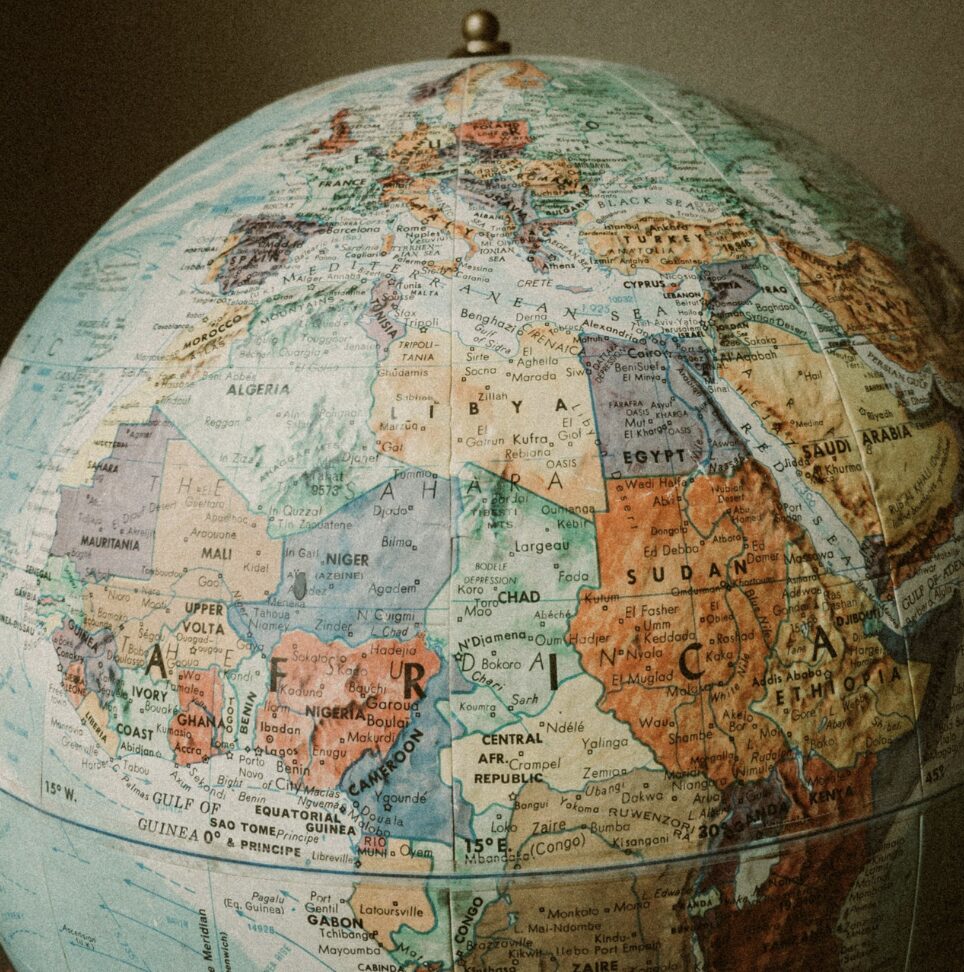The Growing Popularity of Cozy, Whimsical “Healing Fiction”
Take a second and think back on the last time you visited a bookstore. Not that moment when you opened a book to smell its pages, but that other moment when you spotted a shelf filled with books that had cats decorating almost every cover. Have you ever heard of “healing fiction?”










